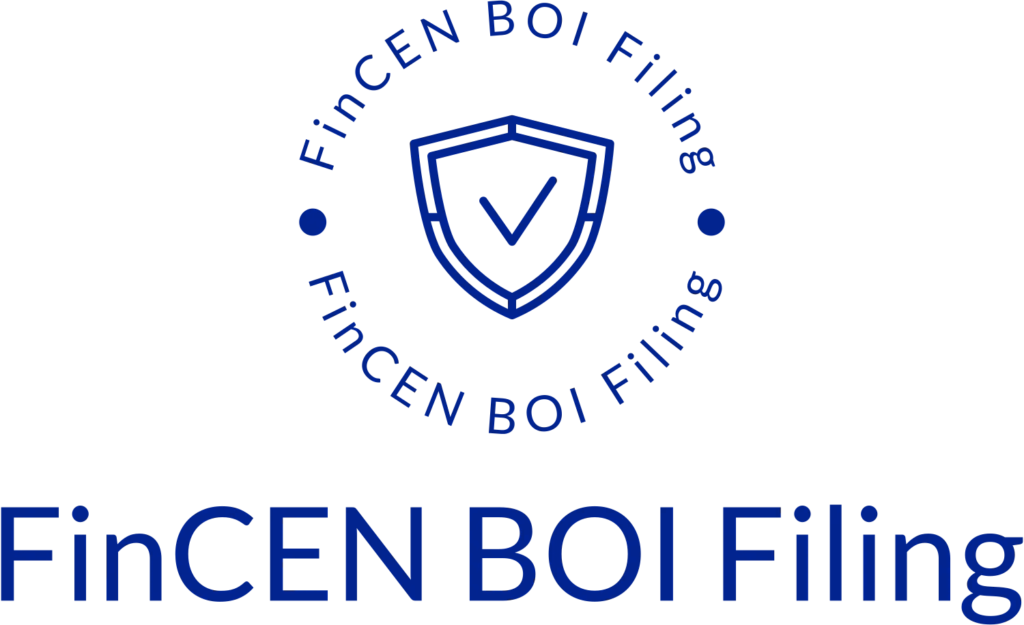What is the BOI report, and why should businesses be aware of it in 2024? The Corporate Transparency Act has introduced new requirements to prevent shell companies from engaging in illegal activities like money laundering and terrorist financing. As a result, beneficial owners or control persons must submit a Beneficial Ownership Information (BOI) report. In this article, we will explore the essentials of BOI reports, their purpose, who needs to file them, and the implications for businesses of all sizes.
Whether you’re a small business owner or a compliance professional, understanding BOI reports is crucial for navigating the ever-evolving regulatory landscape.
Understanding Beneficial Ownership Information (BOI)
Understanding Beneficial Ownership Information (BOI) is crucial for businesses aiming to maintain transparency and comply with regulatory standards. Beneficial ownership refers to the individuals who ultimately own, control, or benefit from a company, even if they are not listed as official owners. These individuals, known as beneficial owners, often exert significant influence over the company’s decisions and operations. The need for BOI arises from the necessity to curb illicit activities such as money laundering, tax evasion, and terrorist financing, which can thrive in the shadows of anonymity. By mandating the disclosure of beneficial owners, authorities can better monitor financial activities and ensure that companies operate with integrity and transparency.
BOI reporting involves collecting and submitting detailed information about each beneficial owner, including their name, address, date of birth, and identification numbers. This process is essential for creating a transparent business environment where accountability is paramount. Businesses, regardless of size, must understand their obligations under regulations like the Corporate Transparency Act, which mandates BOI reporting. Failure to comply can lead to severe penalties, including hefty fines and legal repercussions. For businesses, this means implementing robust compliance systems to accurately gather and report ownership information, thereby fostering trust and credibility with stakeholders and regulatory bodies alike.
Why is BOI Reporting Necessary?
BOI reporting plays a vital role in the fight against illegal activities such as money laundering, tax evasion, and terrorist financing. Anonymous ownership structures, often employed by shell companies, can provide a veil behind which illicit activities can thrive, making it challenging for authorities to trace the true owners and beneficiaries.
By requiring businesses to disclose their beneficial owners, BOI reporting helps ensure that entities operate transparently and within the bounds of the law. This transparency is crucial for ensuring that business activities are free from the influence of criminal enterprises.
When companies report their ownership information, it enables regulatory compliance and reduces the ability for illegal activities to go undetected. Authorities can more effectively identify and investigate suspicious transactions, financial flows, and ownership structures that may be linked to criminal organizations or individuals.
Furthermore, BOI reporting helps combat the misuse of anonymous shell companies for illicit purposes such as money laundering, tax evasion, and the financing of terrorist activities. By shedding light on the true owners and beneficiaries behind these entities, law enforcement agencies can better disrupt and dismantle criminal networks that rely on opaque ownership structures to conceal their activities.
FinCEN BOI Filing: Simplifying Your BOI Reporting Process
FinCEN BOI Filing streamlines the BOI reporting process by offering a user-friendly questionnaire that simplifies data collection. With intuitive prompts and clear guidance, users can easily input their information without the hassle of deciphering complex legal jargon. Once the data is entered, it is securely transmitted directly to FinCEN through an approved API credential, ensuring confidentiality and compliance. This seamless integration not only saves time but also provides peace of mind, knowing that the filing process is both efficient and secure.
Our Services Include:
- User-Friendly Questionnaire: Simplifies data entry with intuitive prompts and clear instructions.
- Secure API Transmission: Ensures confidential and compliant submission directly to FinCEN.
- Efficiency and Peace of Mind: Saves time and reduces administrative burden, providing a seamless filing experience.
For more information on our services, visit our homepage.
Who Can Access BOI?
Under the Corporate Transparency Act, access to BOI is restricted to:
- Government agencies for national security and law enforcement purposes.
- Certain foreign officials, under specific conditions.
- Financial institutions, with consent from the reporting company.
Rest assured, your information is securely transmitted via an encrypted connection directly to FinCEN, ensuring the safety of your personal data throughout the process. Our robust encryption protocols guarantee peace of mind, safeguarding sensitive information against unauthorized access or breaches.
Why Choose FinCEN BOI Filing?
Choosing FinCEN BOI Filing for your BOI reporting needs means opting for peace of mind. We pride ourselves on our:
- Expertise: Our team has extensive knowledge of BOI filings and the Corporate Transparency Act.
- Efficiency: We streamline the filing process, saving you time and resources.
- Commitment to Security: Your data’s security and confidentiality are our top priority.
Summary: What is the BOI Report
So what is the BOI report? It’s a mandated disclosure under the Corporate Transparency Act (CTA), requiring entities to submit beneficial ownership information to combat financial crimes such as money laundering and terrorism financing via shell companies.
This reporting obligation aims to increase transparency by identifying individuals who control or benefit from a company. Understanding the BOI report is crucial for businesses to comply with regulatory requirements, contributing to enhanced financial integrity and security measures.
At FinCEN BOI Filing, we are committed to guiding your business through the BOI reporting process with ease and professionalism. Partner with us to ensure that your company not only meets legal requirements but also contributes to a more transparent and accountable corporate world.





